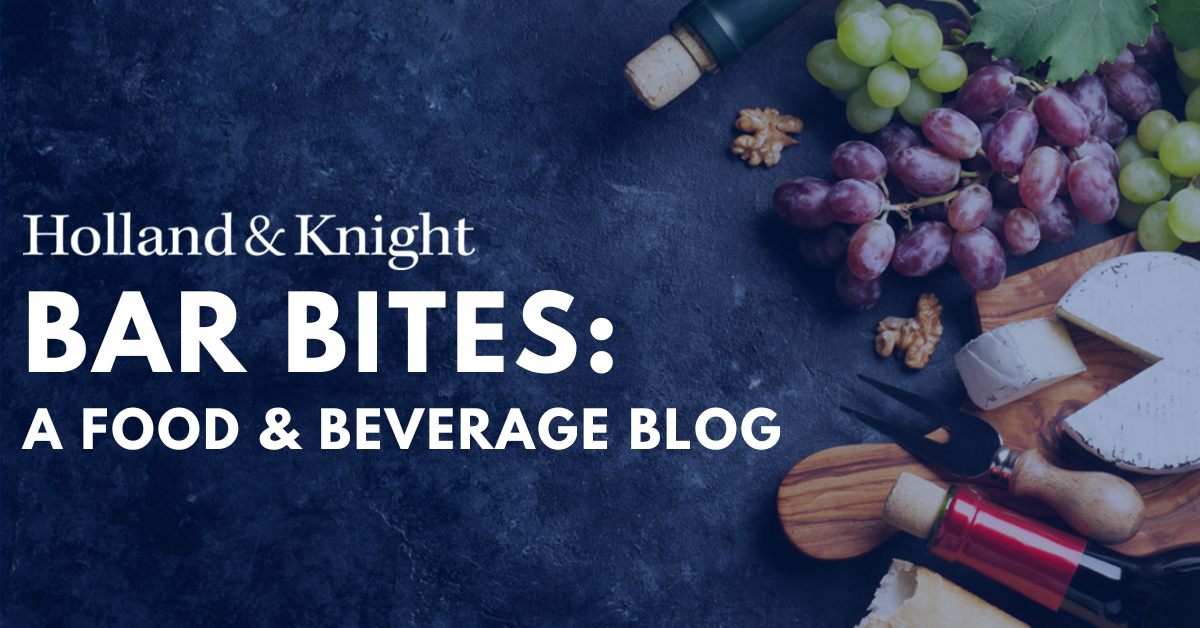Alcohol Beverage Labeling Risk Avoidance: Them's Fightin' Words!

Distilled spirits manufacturers recently find themselves in proverbial hot water when it comes to incomplete or misleading representations on labels.
Recent state and federal court cases highlight that while mere "puffery" – exaggerated or inflated promise or praise in relation to an advertised product's deliverables – may serve as a defense to product labeling lawsuits, the best defense is always a good offense: Carefully examine your spirits label's representations at the outset from the perspective of a plaintiff's-side consumer class action lawyer. If your product is not absolutely "carbon neutral"; "estate grown"; distilled using "100%" green energy or "handmade" in copper pots; made with "pure" wheat grain or "all natural" and "organic" rye; aged or rested in charred oak or whiskey or wine barrels; or "triple distilled" using "artesian" rainwater – nor is your product, strictly speaking, "plastic-free," "single-sourced," or "small batch" – spirits manufacturers may wish to consider alternative language or additional, informative disclaimers for the discerning consumer.
For example, Molson Coors Beverage recently faced a consumer class action in the U.S. District Court for the Northern District of California over the marketing of its fruit-flavored Vizzy Hard Seltzer products. The suit asserted that that Molson misled customers with claims that the alcohol beverages are made "with Antioxidant Vitamin C from acerola superfruit." In the most recent court filing on Jan. 13, 2023, the plaintiffs seek approval of a non-revisionary settlement fund of $9.5 million, with the defendant agreeing not to use the phrase "in any labeling, primary packaging, or secondary packaging of any product," as well as agreeing "to list Vitamin C in compliance with FDA requirements on the Nutrition Facts panel."
But for more than just ingredient labeling, spirits manufacturers should be cognizant of content and packaging puffery issues that have plagued the food and non-alcoholic beverage industry in recent years. One trend of cases concerns marketing a product as "100% recyclable" or made from "100% renewable energy" when the product may not be entirely sourced in this manner, an issue Coca-Cola and other bottled water brands successfully defended against in the U.S. District Court for the Northern District of California, despite years of protracted litigation. Another is the labeling of a product as "all natural," "organic" or "100% natural" – an issue Kellogg’s faced with regard to its Kashi and Bear Naked breakfast cereals – when the product contains additives, colorants or flavoring agents.
Should a spirits manufacturer wish to engage in a due diligence review and assessment of proposed product labeling, or retain litigation counsel for any labeling pre-litigation consumer class action demand or federal lawsuit, please contact the author.
